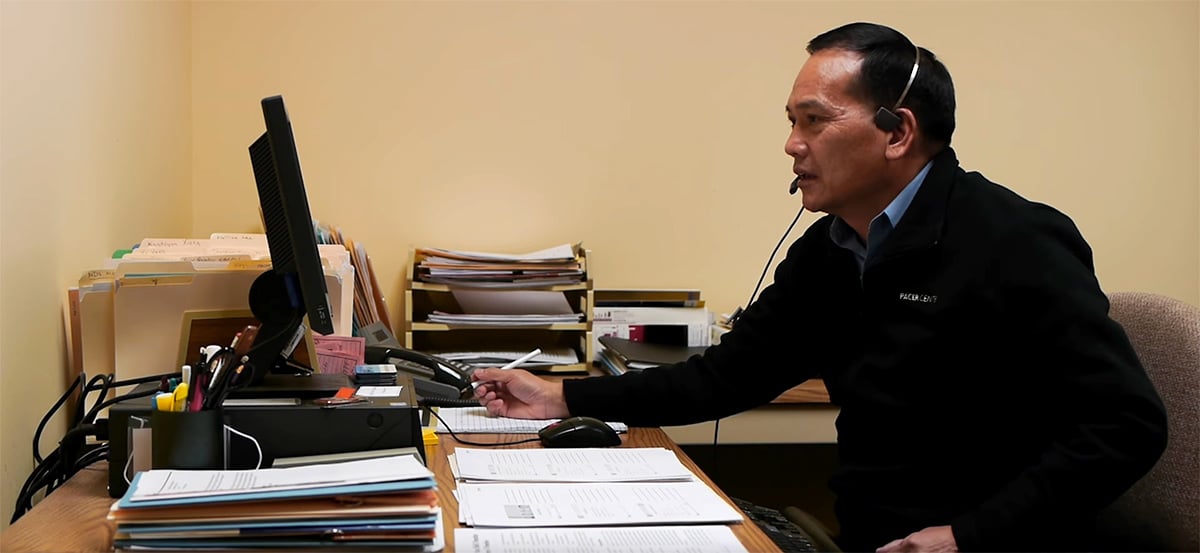
PACER Helps Parents and Professionals
PACER Helps in Many Ways
Through more than 30 projects, PACER provides individual assistance, workshops, publications, and other resources to help families make decisions about education and other services for their child or young adult with disabilities.
PACER’s National Bullying Prevention Center® provides resources designed to benefit all students, including those with disabilities.
PACER is for:
- Families and their children or young adults with disabilities or special health care needs from birth through adulthood.
- Educators and other professionals who work with students with or without disabilities.
- Parents of all children and schools working together to encourage family involvement in education .
If You Have Concerns About Your Child’s Development:
When a parent is experiencing challenging times, PACER is here to help. If your child isn’t meeting major milestones, is struggling in school, has received a new diagnosis or you sense there’s a problem, you are not alone! PACER’s parent advocates and resources are here to assist you. The links below will lead you to helpful resources. You can also speak to a PACER parent advocate by calling 952.838.9000 or emailing [email protected]
If You Have Concerns About Your Child’s Physical Health
PACER’s Health Information Center can connect you to resources to receive appropriate assistance. You can prepare by recording concerns to share with your child’s doctor. Learn about the medical documentation you will need to qualify for services.
Learn about how to access public services
Medical Assistance (MA) or TEFRA: All children who are certified as disabled by the state of Minnesota are eligible for health insurance and disability services, such as a Personal Care Attendant (PCA) through MA or TEFRA.
Social Security: If your child meets the Social Security Administration’s definition of a disability, they may be eligible to receive Supplemental Security Income (SSI), especially after age 18. If your family meets income guidelines, they may be able to receive SSI at an earlier age.
If You Have Concerns About Your Child’s Education
Birth –2: There is an early intervention system for children who aren’t meeting developmental milestones. Help Me Grow provides services for children who are not meeting their milestones.
Ages 3—5: At age 3, children who receive early intervention services transition to Early Childhood Education Services. A preschool Individualized Education Plan (IEP) is developed to address your child’s unique needs as he or she learns the skills needed to prepare for kindergarten.
School age: A school evaluation determines eligibility for Individual Education Plans (IEP), a written plan to serve a child’s unique educational needs. If your child does not qualify for an IEP, they may qualify for a 504 Plan, which provides modifications and/or accommodations at school.
Individual Health Plans (IHP): Learn about an IHP, the written document that addresses your child’s medical needs in the school setting.
PACER Resources
PACER Center offers additional services and specialized programs for parents of children with disabilities or mental health needs
- Children's Mental Health and Emotional or Behavioral Disorders Project
- National Parent Center on Transition and Employment
- PACER's National Bullying Prevention Center
- Simon Technology Center
- Handouts and Publications that give more detailed information on topics relating to disability and education
- Workshops that are recorded and live streamed
Speak with an advocate: PACER advocates can assist you in obtaining appropriate benefits and services for your child. Email [email protected] or call(952) 838-9000.
